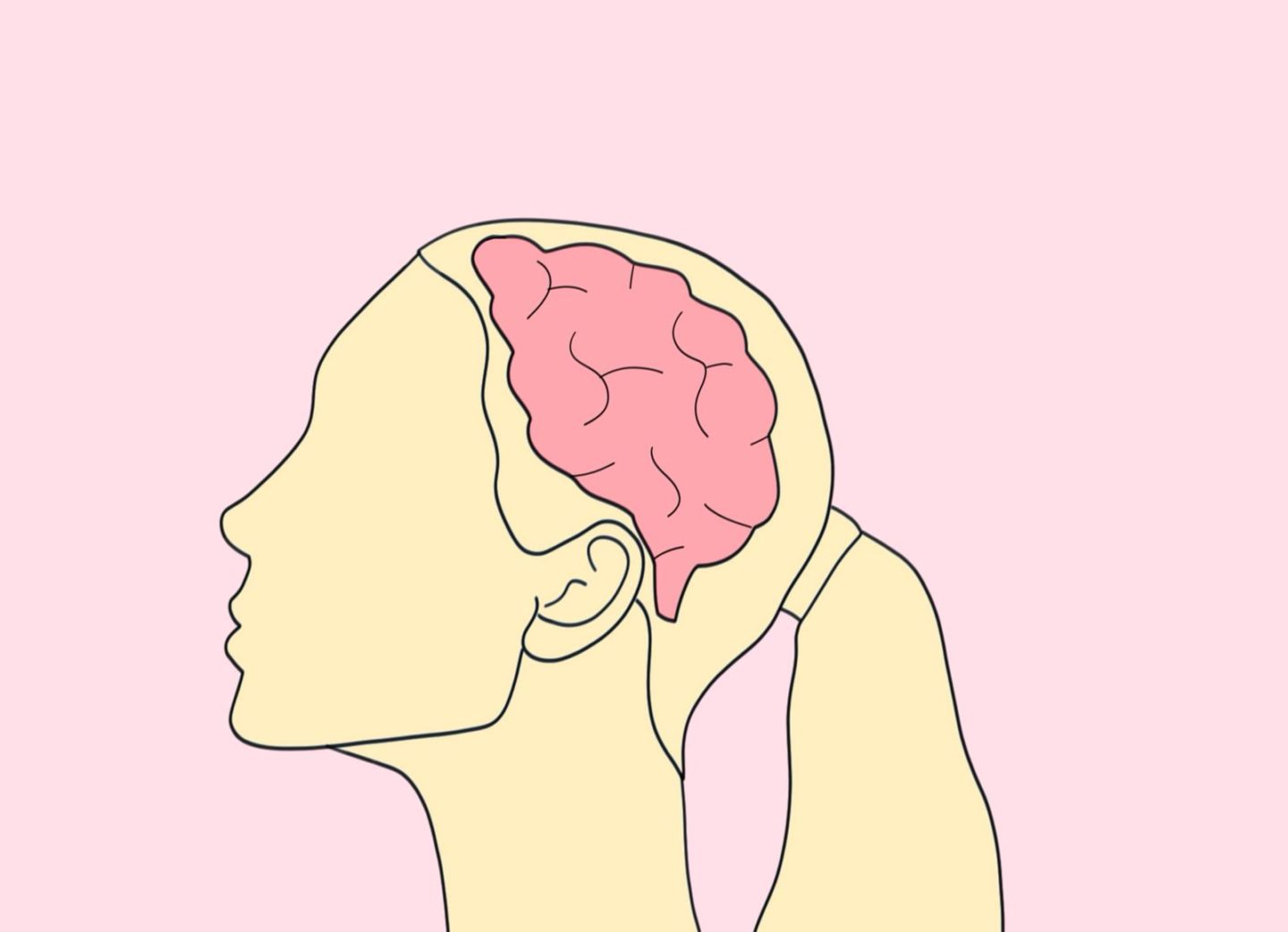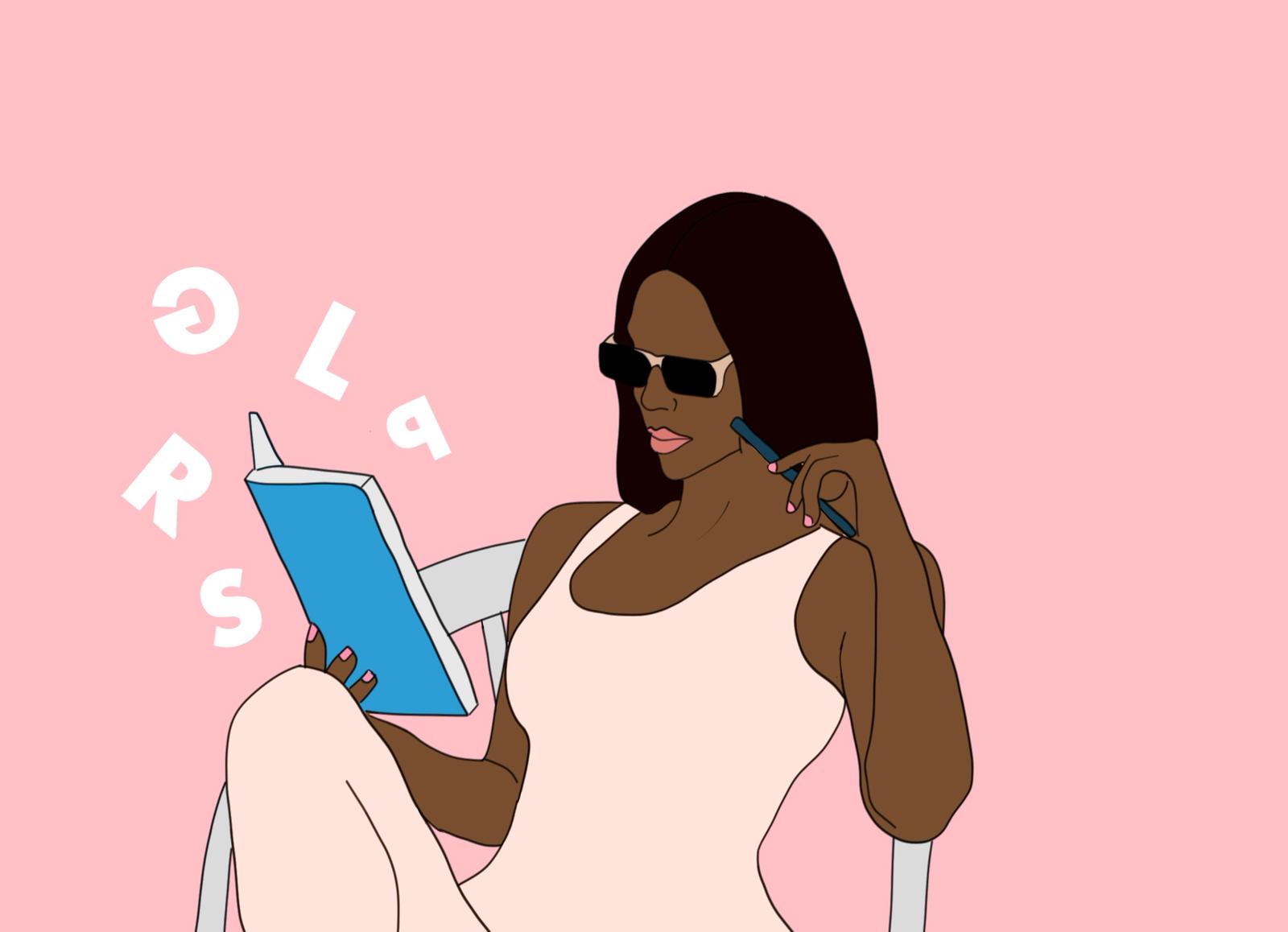Primary school holds great memories for me. As cheesy as it sounds, it was a community through mass at church, summer fairs and school plays. But being in the classroom was a different story.
Although I enjoyed learning, at times I noticed it was harder for me fully to understand things. In year six, I would often glance at the table behind me where my friends were sat. I couldn’t quite piece together why they were there and I was placed at the front of the room.
Things became clearer to me when my parents told me that I’m dyslexic, having found out through my school’s assessment. In my case, my dyslexia affects my spelling, my ability to process information and to remember things on a short-time basis.
I can do it on my own
Despite this, I passed my SATs and got into an all-girls secondary school. I was proud of this and thought things would change. But little did I know, from year seven to year nine, I was still put in extra class sessions during and after school. Don’t get me wrong, I was grateful for my new school doing the best that they could for my learning. But, at times, it was disruptive being taken out of lessons for extra reading or maths.
I would dread that knock on the door from another student saying, “I’m here to tell Kia that she has an extra maths lesson in the library,”. I’d get so embarrassed in front of everyone in the class and jokingly the girls would say, “oooh, Kia enjoy your time with sir,”. I would laugh it off because I knew my classmates didn’t mean anything from it, but later I would get upset that I was missing out on a learning environment with them.
It would get to the point that I would be cheeky and not even turn up to my one-to-one sessions. I made a promise to myself that despite being dyslexic and in lower sets for my subjects, I would work so hard that my school would see I can make improvements on my own. And I did. I got top grades in English and moved up a set in maths and science.
“Nothing will work unless you do”, Maya Angelou

I passed my GCSEs, A-Levels and got into my first-choice university. All because I had the mindset of ‘work hard’. Now, here’s the funny part. I knew I would need help at university when it came to assignments and exams, unlike secondary school, when I didn’t always appreciate the support I had. I ended up reaching out for help from staff in the disability and dyslexia department. They were great for reading through my work to spot any grammar mistakes and, best of all, extra-time in my exams. Lord knows I needed that.
I was no longer embarrassed about my learning disability because I could see I wasn’t the only student getting help. When it came to exam day, I would join my classmates in the exam room wishing my friends good luck. Once our teacher announced exams were about to start, I would vanish into a separate room. My friends understood my situation and knew why I had to be in another room but the other students didn’t. Whilst leaving the room I would hear them saying, “where’s Kia going?”. My friends would reply, “she has extra time in her exams,” to which they replied, “that’s unfair, I want extra time”.
That same day after the exam, one of my friends came to me and said “we told them why you have extra-time and their response was, dyslexic? Kia doesn’t look like someone who’s dyslexic,”. My friend and I looked at each other and started to laugh. We didn’t know what they meant by that because what is a dyslexic person supposed to look like? This didn’t bother me as such because maybe they meant it as a compliment or they just said that simply as a shock reaction.
The power of dyslexia
I have come across many people, whether that was at school, university or at work about my dyslexia. Even a family member squeezed me in their arms saying “aww, Kia, why didn’t you tell me?”. I choose who and when to mention my learning disability, not because I’m ashamed but because I have many other great qualities.
My dyslexia is not a burden. It didn’t stop me from passing my exams and getting my degree. If there’s one thing I’ve learnt from my journey so far is the power of dyslexia and that I’m more powerful than ever when I embrace and own my ‘faults’. Think to yourself, what are your faults? Do you allow them to stop you from reaching your full potential?
Find more lifestyle articles here >
Written by Kia Fullerton
Illustrated by Francesca Mariama

